Change Catalyst indeed an organization that lives up to its name in tech industry.
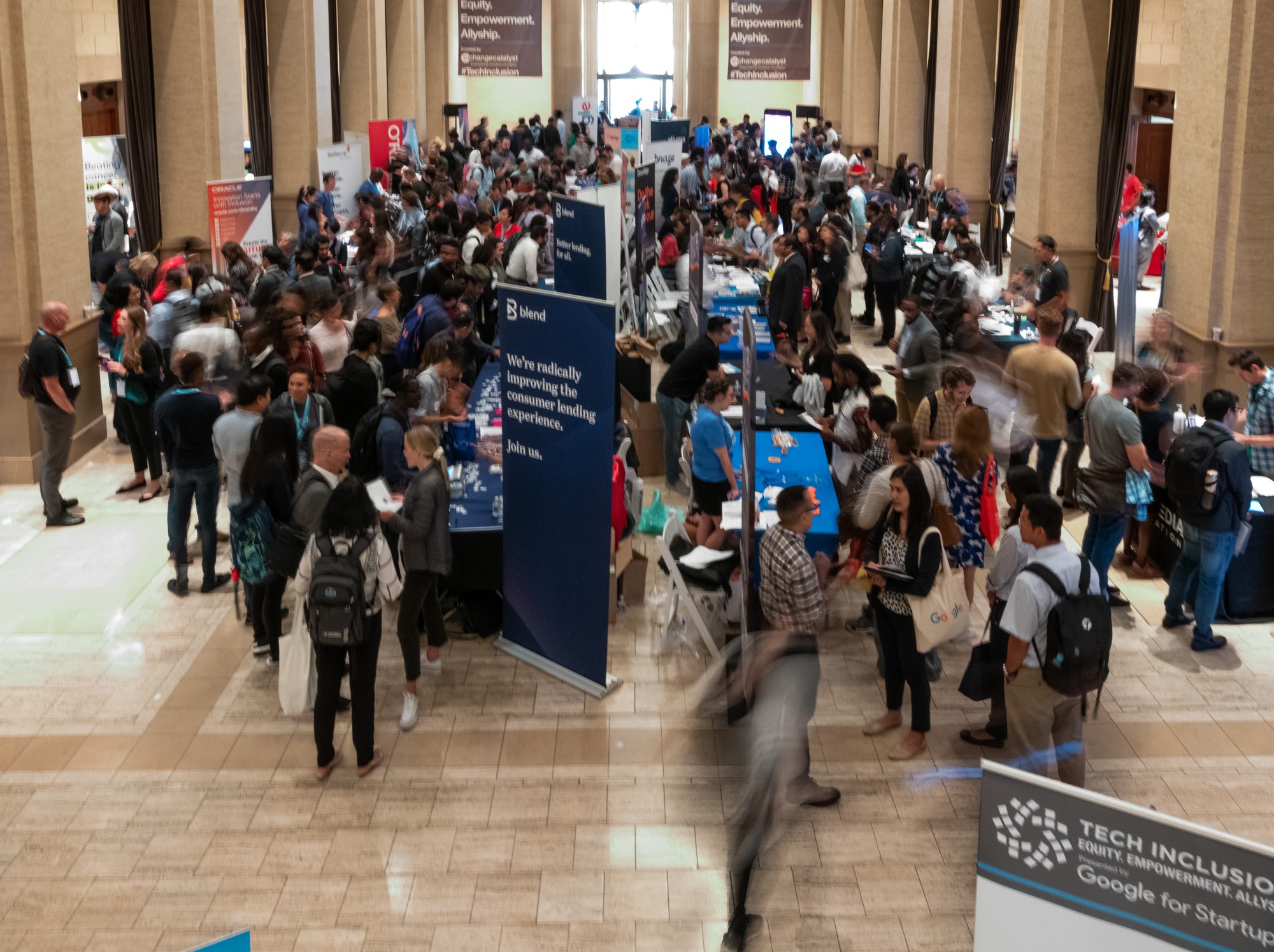
On September 11-12, 2019, Tech Inclusion celebrated its’ 5th anniversary of focusing on solutions to diversity and inclusion across the tech industry. Change Catalyst’s theme this year was Equity. Empowerment. Allyship. On Day 1 they held the free career fair, and created a space for over 1500 candidates to connect with 40+ top tech companies that value diverse teams and inclusive workplaces. On Day 2, they started the morning off with #LandAcknowledgements to honor the Yelamu Ramaytush Ohlone, the traditional owners of the land on which the conference took place. This was followed by the release of Change Catalyst 5 Year Impact Report, showcasing diversity and inclusion data and lessons learned from five years of hosting conferences, summits, and workshops around the world! From there the organization dove straight into a full day of keynotes, panel discussions, workshops, and fireside chats focused on equity, empowerment and allyship in tech. This year’s topics ranged from designing inclusive and accessible products, keeping startups human-focused, and the truth about motherhood in tech.
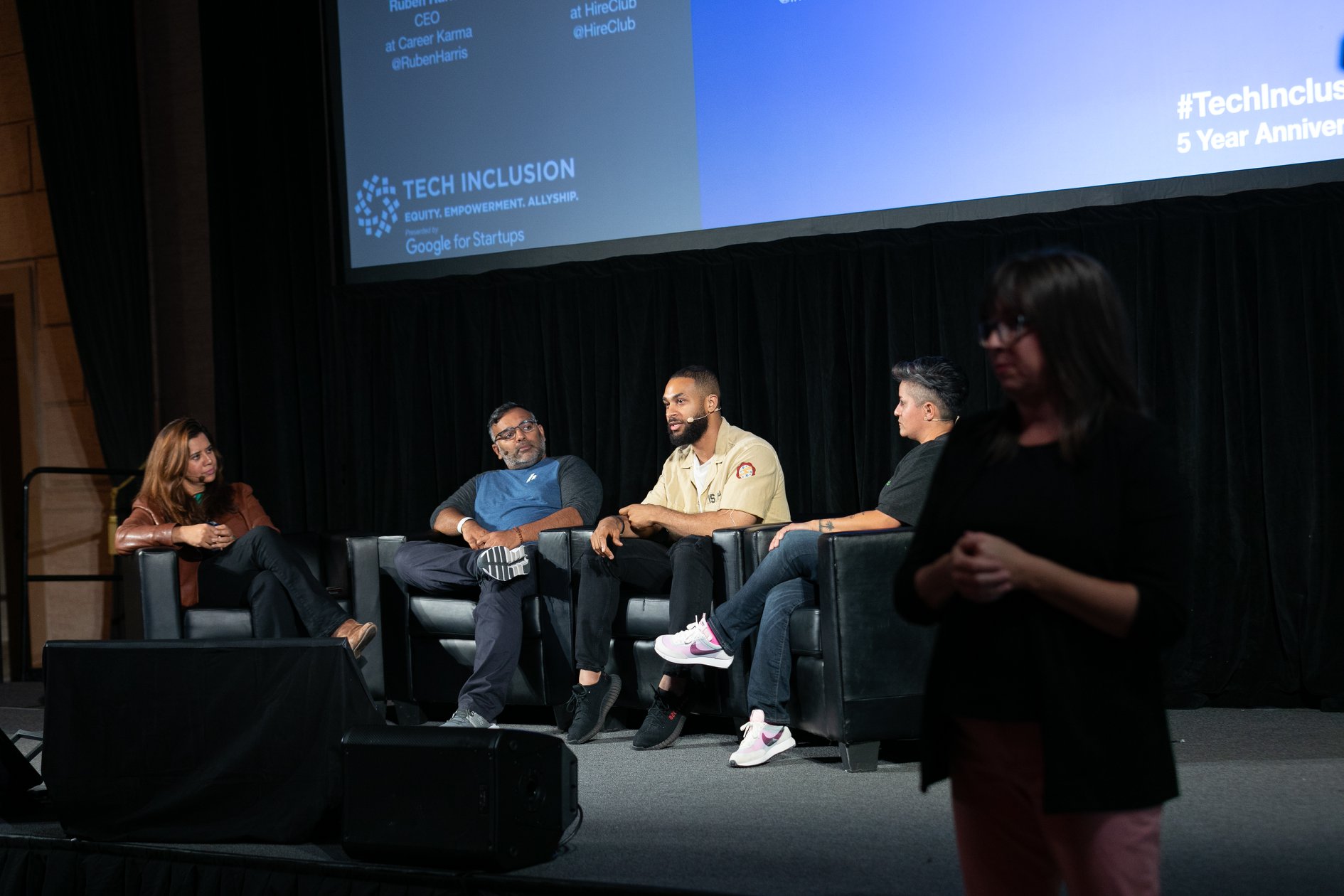
SVNED had the opportunity to serve dual roles, first as volunteer and as press in order to fully immerse ourselves in the 2-day conference. We wanted to learn while we served a community of enthusiastic employers in search of diverse talents, and witness the future employment workforce strategy to connect talent with employers. Through our interview and in-person engagement with the Founders of Change Catalyst, Melinda Briana Epler and Wayne Sutton, we wanted to use this opportunity to highlight their vision to connect diverse and inclusive workforce with the right employers within the tech industry.
What were the top goals and objectives for the Tech Inclusion Conference?
- Convene the tech industry to focus on tangible, actionable solutions to diversity and inclusion.
- Address our themes of this year’s conference: Equity, Empowerment & Allyship.
- Highlight the imperative of building the future of technology (AI, AR, VR, XR) in an inclusive, equitable and ethical way.
- Also: Continue to lead by example with the most diverse and inclusive conference in tech.
For the Career Fair:
- Prove once again that the pipeline of underrepresented talent is strong
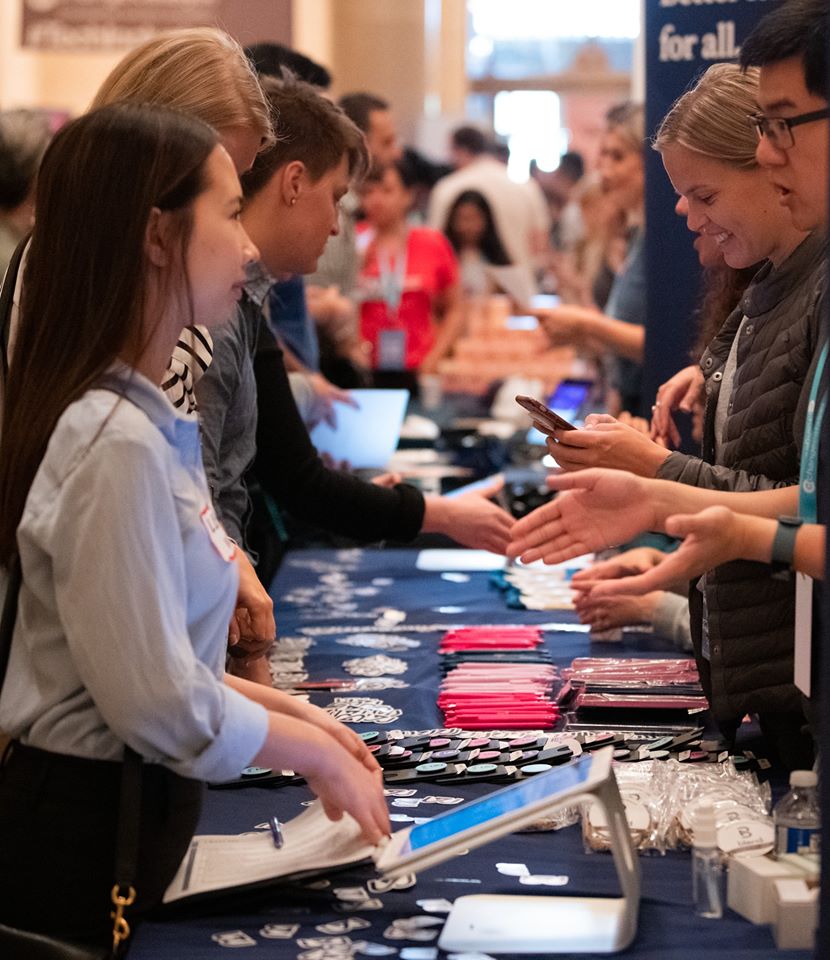
Where and When do you anticipate the next Tech Inclusion Conference?
We’ll have Tech Inclusion Conferences and Career Fairs in NY (Spring) and SF (Fall) in 2020.
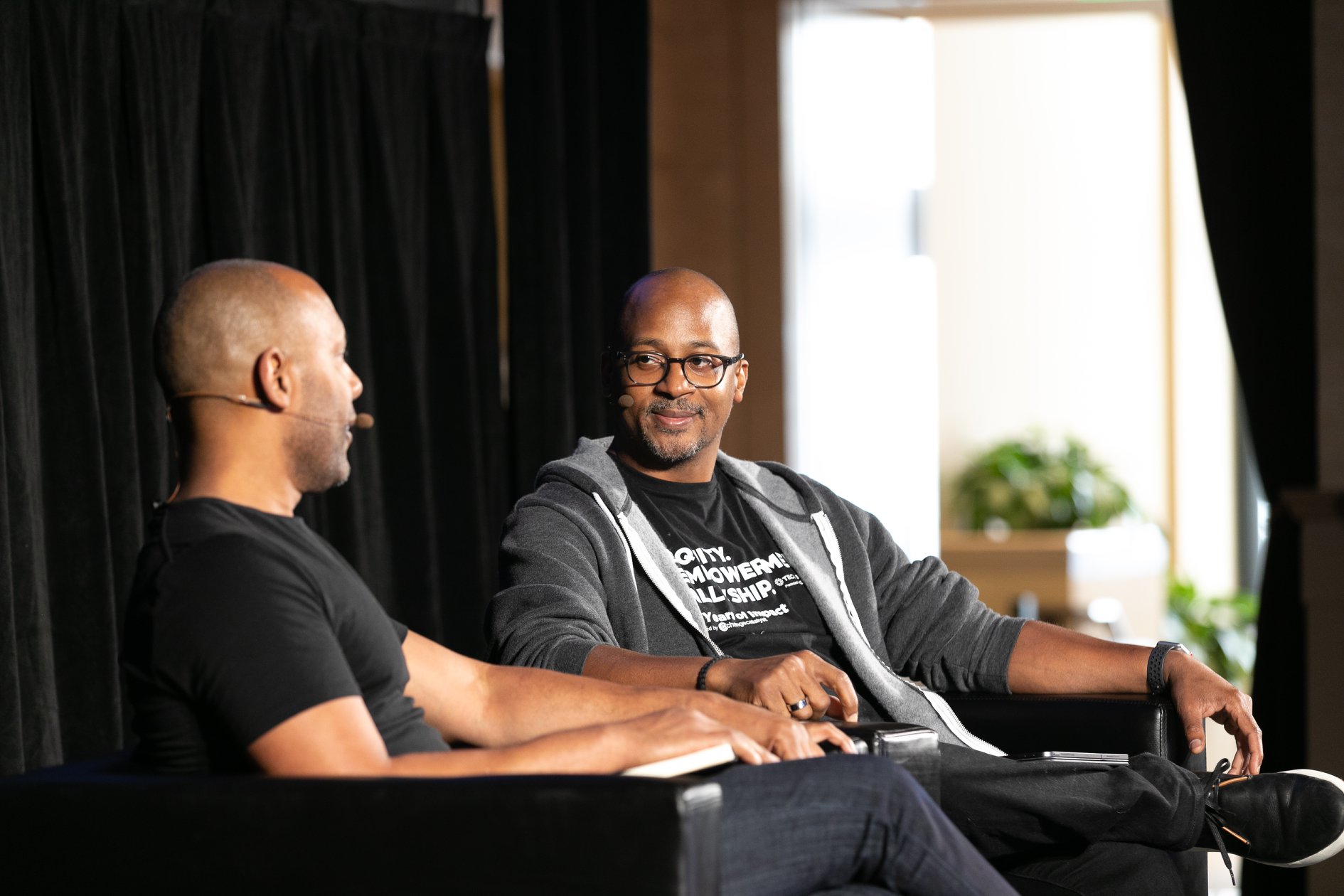
Our next event is the Icon Summit in New York on December 3rd 2019.
What are your thoughts on Unconscious Bias when it comes to Recruitment and Hiring in the Tech Space?
We all have biases (some conscious some unconscious) that play a role in recruiting and hiring, as well as promotion, pay, and bonuses. However, I do not believe that unconscious bias training is the answer to developing a diverse and inclusive workforce. Most companies start here and it is the wrong approach, it can be very detrimental. In hiring, the most important thing you can do is redesign the process so that it is equitable and inclusive for underrepresented people. Your new process should include systematic ways of de-biasing and removing exclusionary practices throughout the hiring experience: from sourcing all the way through making the offer. It should include training for your sourcing, recruiting and interviewing teams around how to improve their approach and processes to be more equitable and inclusive.
As leaders in this space, what are critical messages that you would like Tech Leaders and Organizations to understand about supporting a ‘Truly Diverse workforce?
- The imperative for a diverse and inclusive workforce must come from the top, with tangible goals and accountability in place
- Change takes effort: resources, time, patience and science
- Focus on allyship and inclusion for all – the best training you can do is allyship and leading with empathy, where everyone regardless of background, is learning how to be there for one another
- Collaborate with organizations and practitioners that have been doing diversity and inclusion work a long time and understand the science and strategies for doing it right
In Tech, some communities are marginalized and often overlooked, how can leaders in Tech engage, reduce and mitigate systemic biases ahead of time?
Companies can gain a better understanding of different cultures, genders, and abilities. We urge tech companies and leaders to learn more about the history of marginalization and exclusion, and the daily barriers that people face based on the color of their skin, their gender, their sexual orientation, their religion, their disability, their economic class. Companies can create a goal to work to counter that with their own actions: reducing barriers, valuing people’s unique differences, raising the bar by hiring people with diverse experiences and from diverse backgrounds.
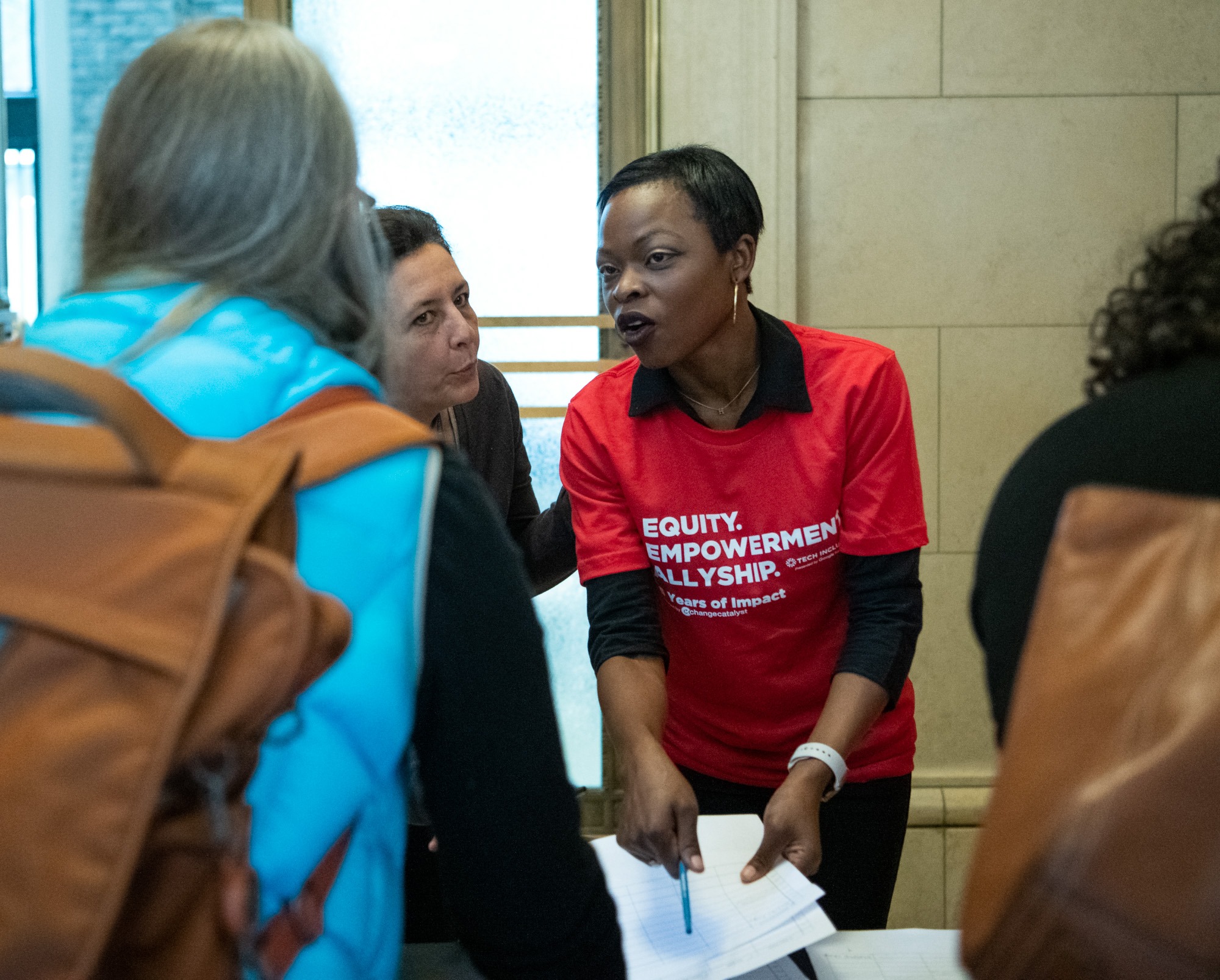
Finally, SVNED asked, the African continent desperately needs Tech Inclusion Conferences, what are your predictions and/or actionable goals (if any) to connect with Founders and Tech Enthusiast looking for employment inclusivity across borders?
We have worked in 9 countries around the world, including UK, Australia, India, Morocco and Jamaica. We would love to find a way to do more work in Africa, where there are growing tech hubs, entrepreneurs and tech talent. This is something we intend to look into more in 2020.

